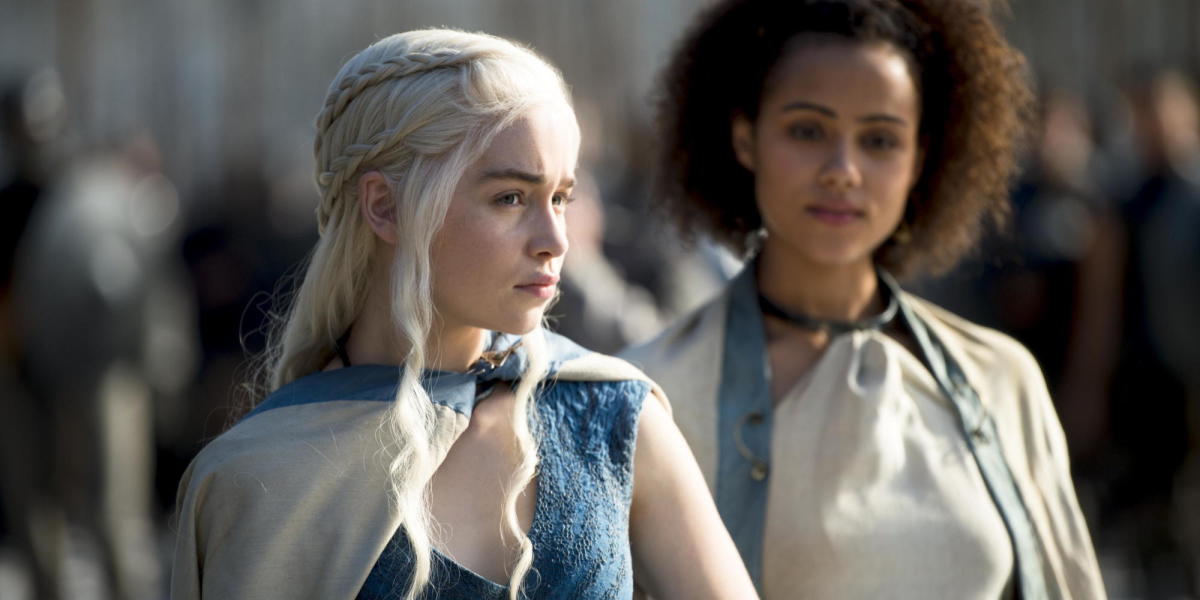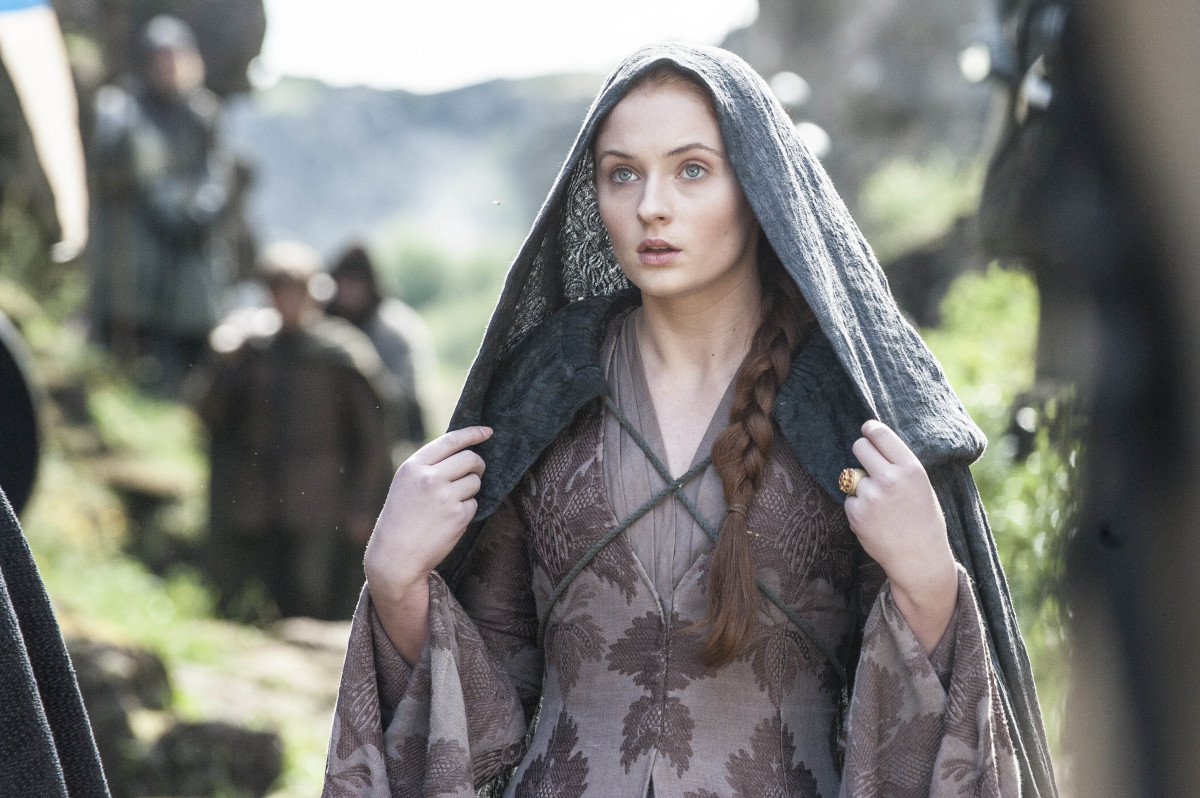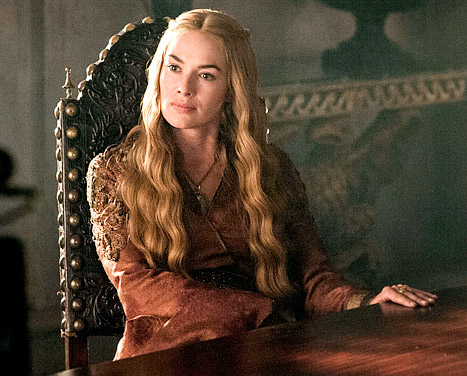People should be familiar with Game of Thrones being problematic. Violence, sex, manipulation and primitive politics make up the story of life in the fictional land of Westeros. Its treatment of women has every now and then caused outrage from the audience, but the latest episode “Unbowed, Unbent, Unbroken” ignited an explosion of rants with several fans expressing their withdrawal from the show. Even pop culture news/criticism websites are boycotting too…

Why this time? It’s Game of Thrones. Home to countless, unnecessary deaths. We should be used to the fact that there are no happy endings. We should expect the unexpected. But no, it seems we weren’t ready to see favourite Sansa Stark being raped.
I’ve lost count on how many unnecessary rapes that have happened in the show. Often, we’ve been told that it’s merely a recurring plot device and people should just “get over it, it’s Game of Thrones”.
“Rape happened within medieval marriages, it’s historically accurate” (err, I don’t remember reading about the Iron Throne, dragons and the white walkers existing in the Middle Ages). Hey, the outrage isn’t even about it’s accuracy… but rather about taking a female character who has suffered immensely and was finally gaining agency – and turn her into a victim of another horrific event.

Game of Thrones is praised for its strong female characters but several of them have been torn down to show their flaws. Some fans exclaimed that they would rather watch a female character die than be raped. Of course there are fans who were dismissive, explaining that violence is a major part of the show and concluding that people who were ranting were “sensitive”. Why get upset over fictional characters, right? Apparently people don’t invest in them nor does fiction influence reality and vice versa.
There’s also debate on whether Sansa was raped or not since she was forced into marrying villain Ramsay Bolton – in fact she had no choice but to marry him so she could avenge her family. She “knew what would happen on her wedding night”. Expecting forced sex does not mean consent. It didn’t help that the camera focused on Ramsay’s prisoner Theon Greyjoy, who was forced to watch, while Sansa’s screams were heard like background music. It indicated that the act was all about men and their power.
Joanna Robinson said: “the last thing we needed was to have a powerful young woman brought low in order for a male character to find redemption…did it really have to be rape that brought her low? Is that really the only horror Game of Thrones can imagine visiting on its female characters?”
The scene came out as torture porn. Entertainment. Shock value. And the growingly cliché man-pain gets on people’s nerves, especially when it eclipses women’s suffering. The scene has also prompted a comparison between Game of Thrones and the newly released Mad Max: Fury Road, which has been praised for its well-portrayed female characters. Author Saladin Ahmed tweeted “Note: FURY ROAD is an R-rated movie w/ a sex slaver villain yet Miller & co. didn’t feel the need to include a rape scene.”

Other authors, Game of Thrones fans, said that rape in fiction is effective, depending on how it’s written. Yes, you can add rape in your story but using it as a recurring plot device (with women being the only targets) is lazy writing. And we see it in Game of Thrones where the effects of rape are absent or don’t contribute to anything. We don’t see Daenerys Targaryen or Cersei Lannister being affected, although some fans guessed that maybe in the next episode, Sansa will become stronger and finally plot against her husband. Oh right, that reminds me: rape is used for character development too. How realistic and insulting for those who have experienced it in reality. And also in reality, condemning sexual violence and achieving justice are difficult.
Lucy Hunter Johnston said:
“Depictions of rape on screen can be powerful; shocking, yes, but effective when handled correctly, and television shouldn’t shy away from it. But in Game of Thrones women are raped so often it’s almost routine, and the assaults are used as a lazy signal that the Seven Kingdoms are pretty messed up, yeah?”
But rape is no different to people getting their heads chopped off, according to those defending the show. And if we don’t like it, we can just switched our TVs off. Well you can be a fan and still be critical. Nothing wrong with that.
The creator of Westeros George R.R. Martin responded to the controversy and angry fans, saying defensively that “the show is the show, the books are the books.”
Fair enough and there’s doubt that the boycotting fans would actually withdraw from watching. Our hope is that the other female characters such as Arya Stark and Brienne of Tarth won’t be stained by sexual violence. And also people won’t be aroused by that form of violence, because, um, yuck.






